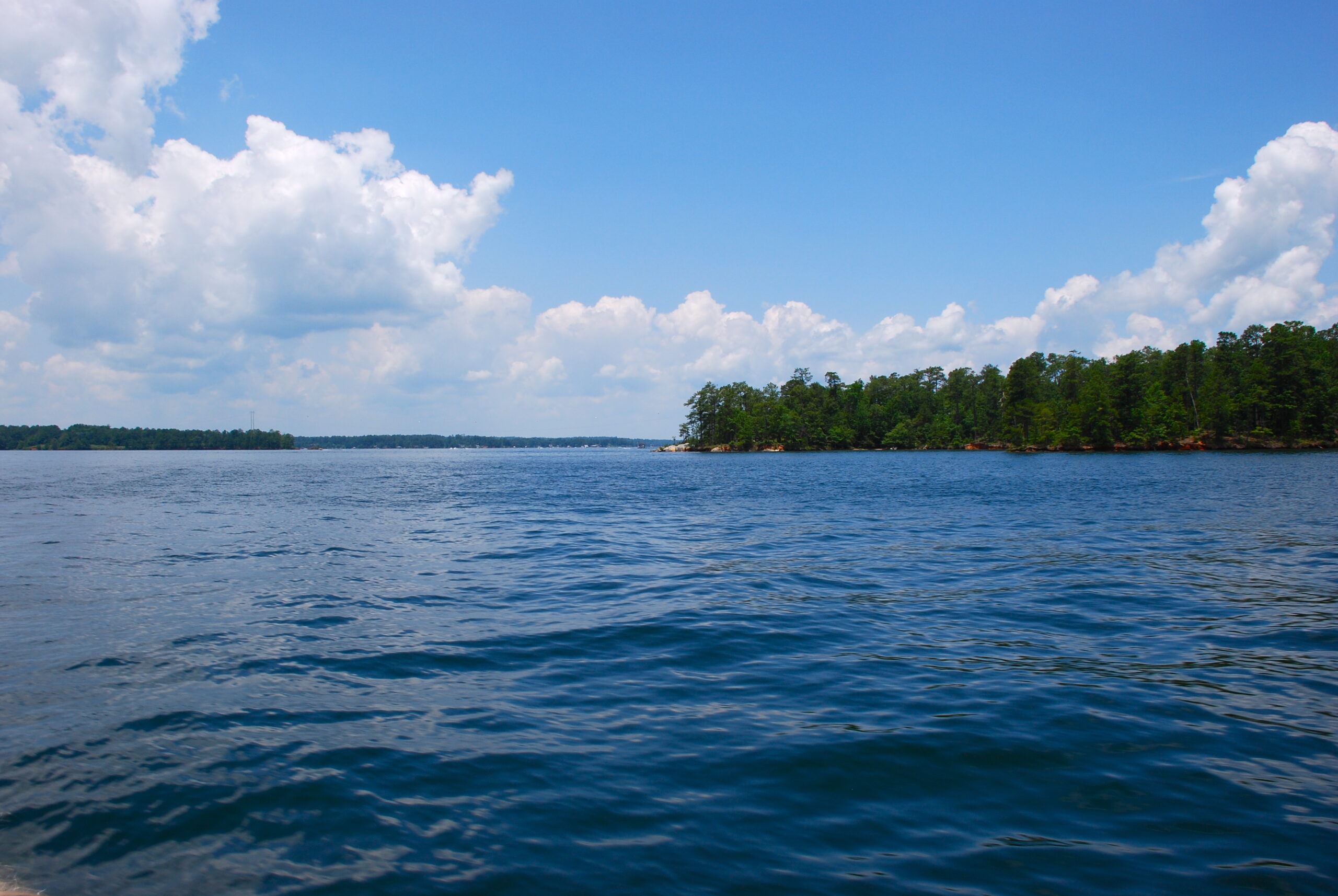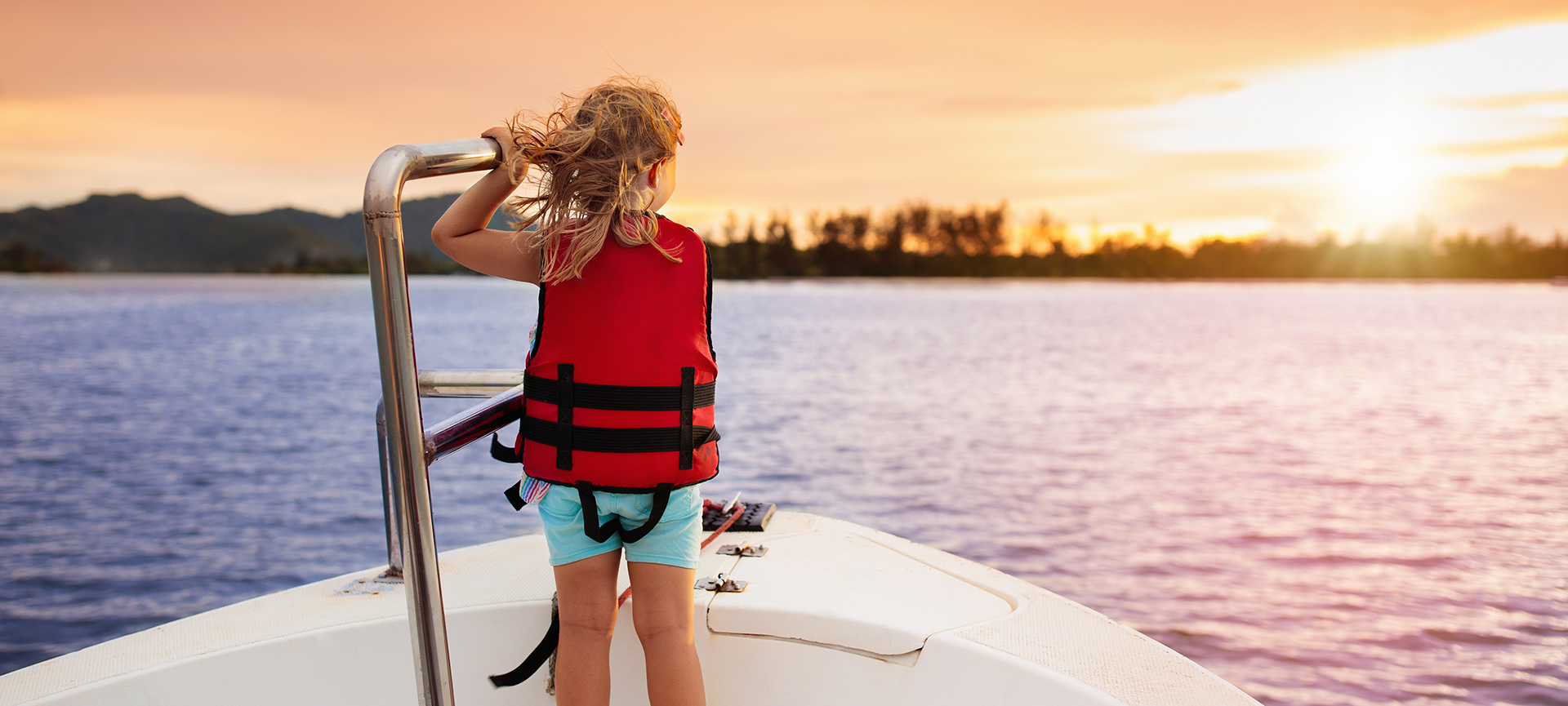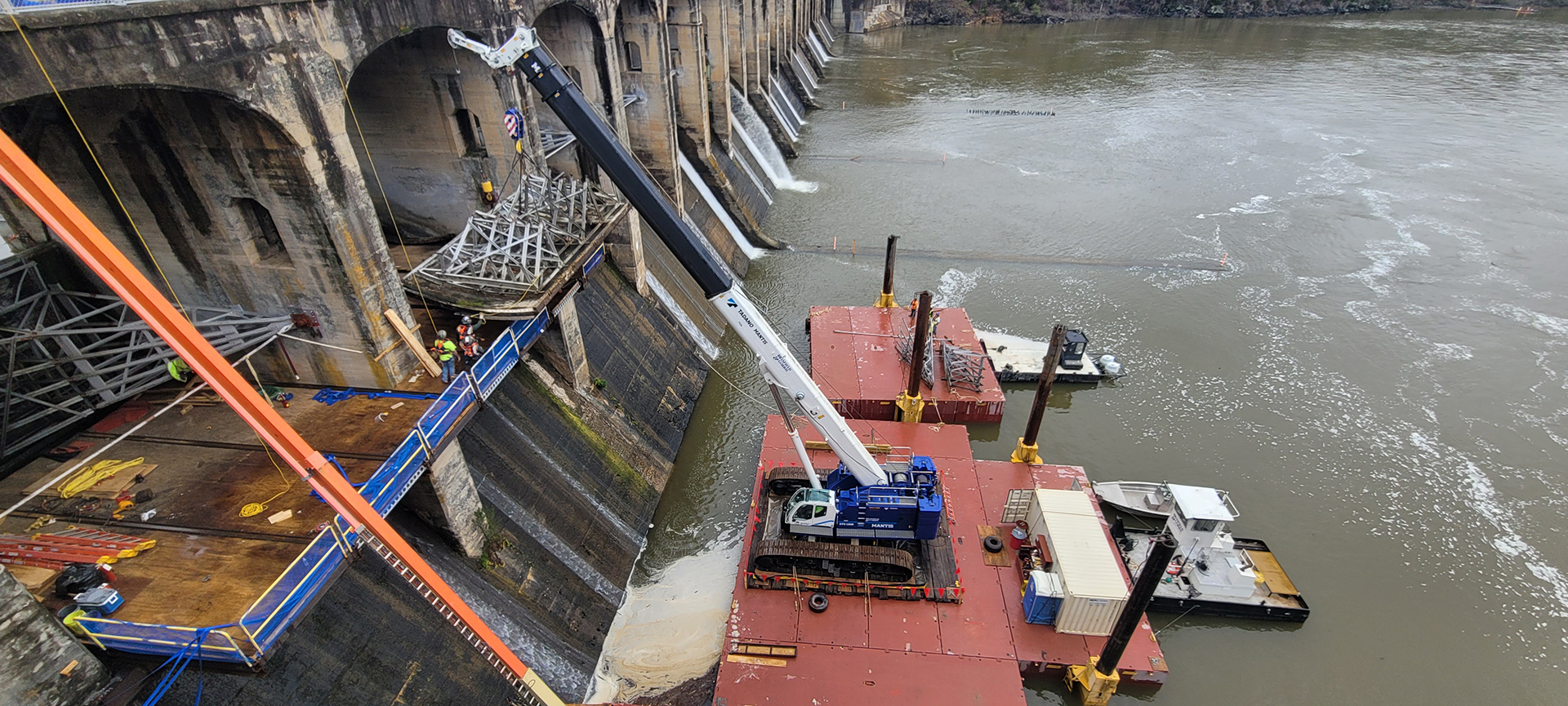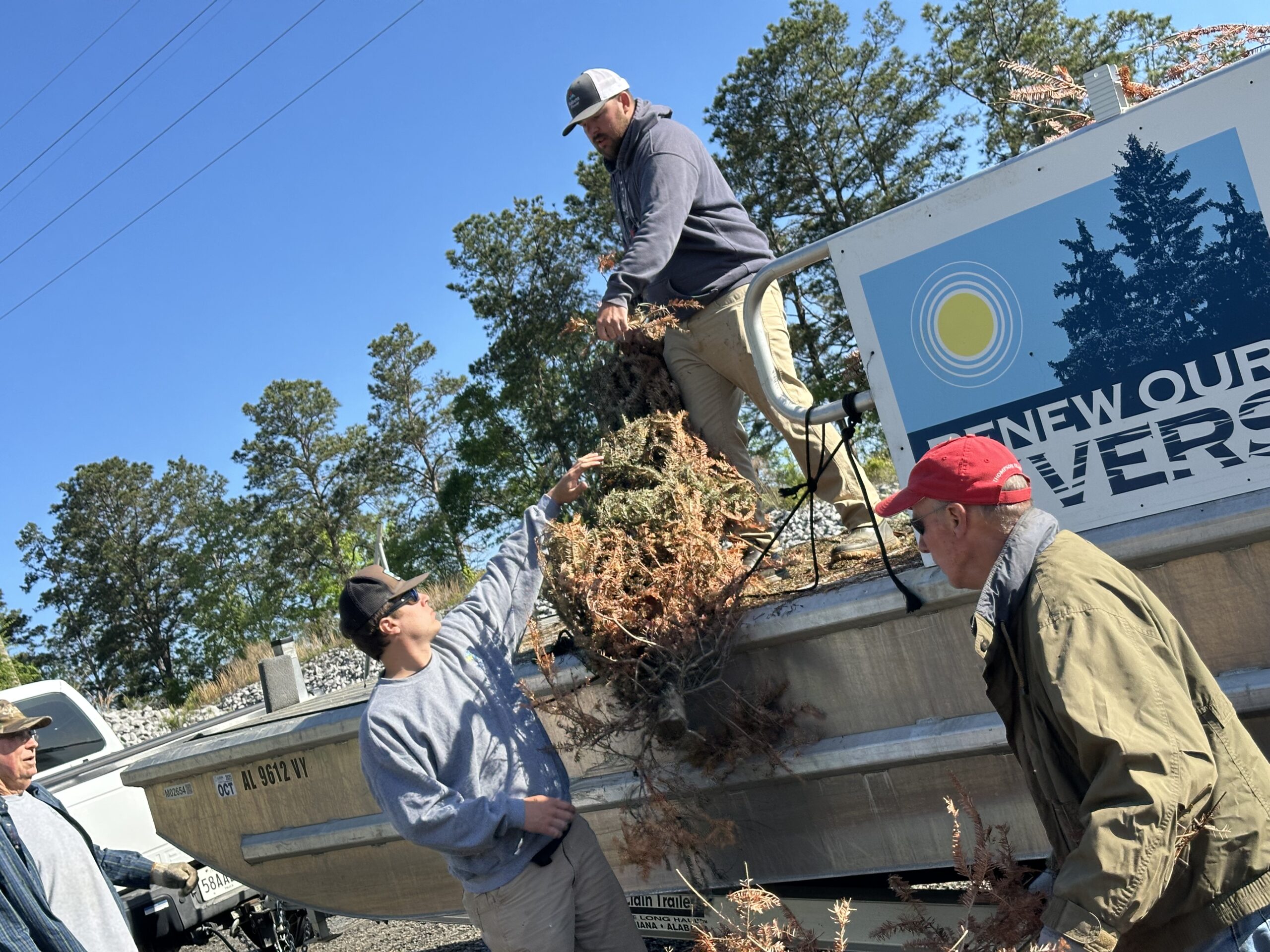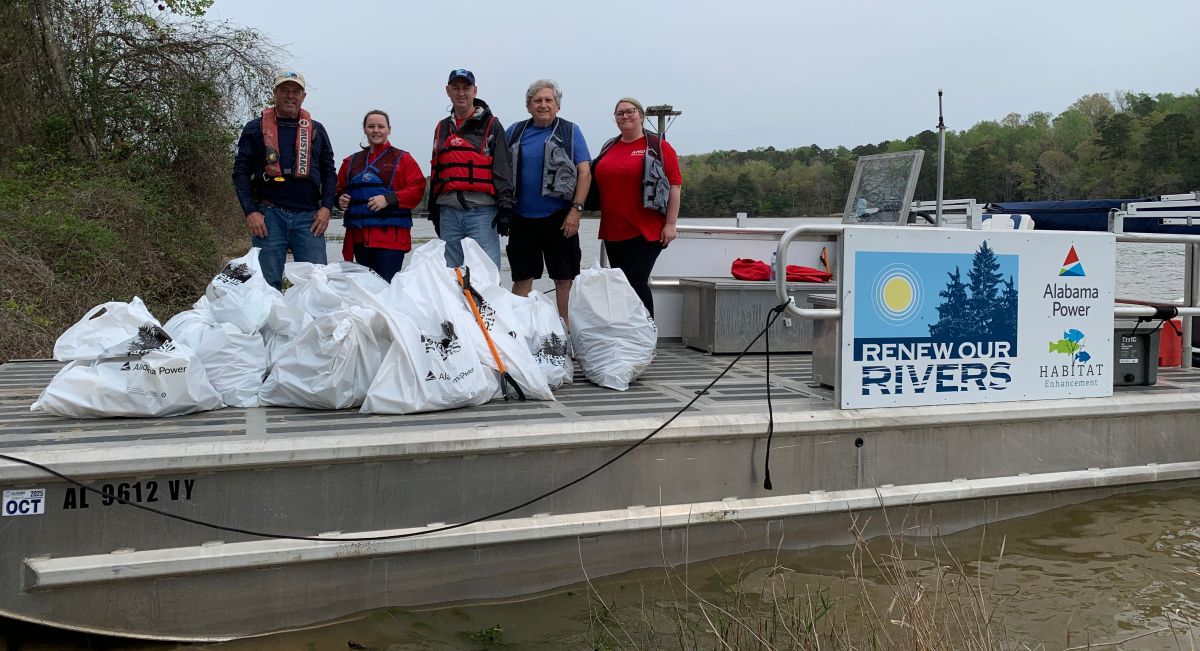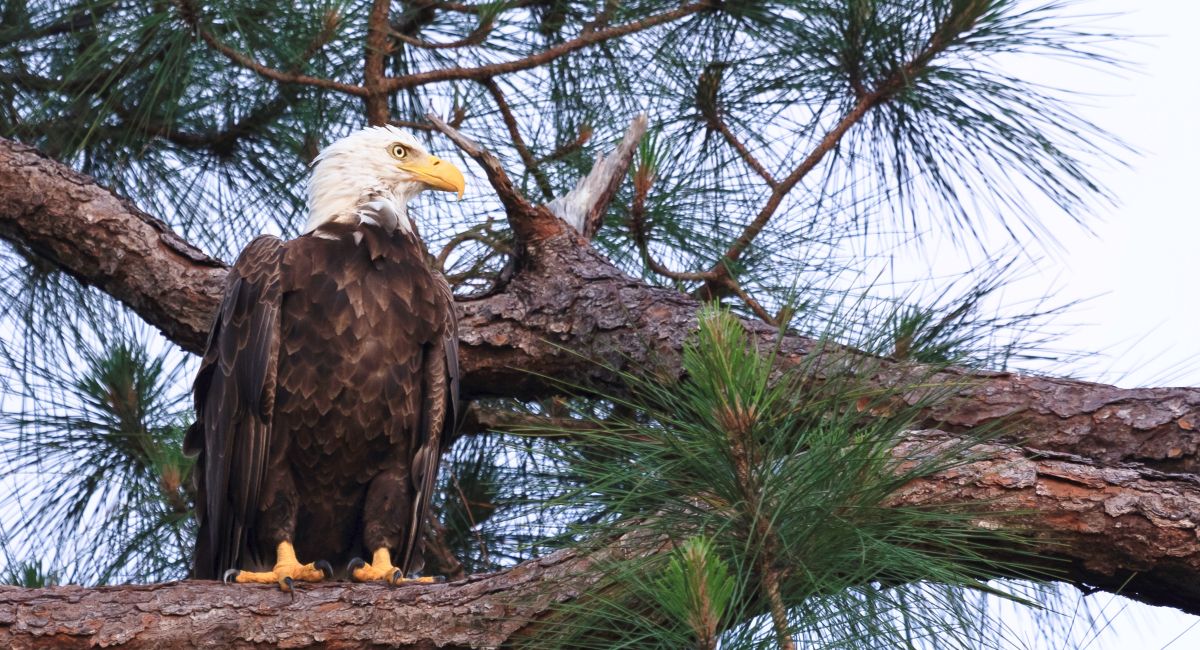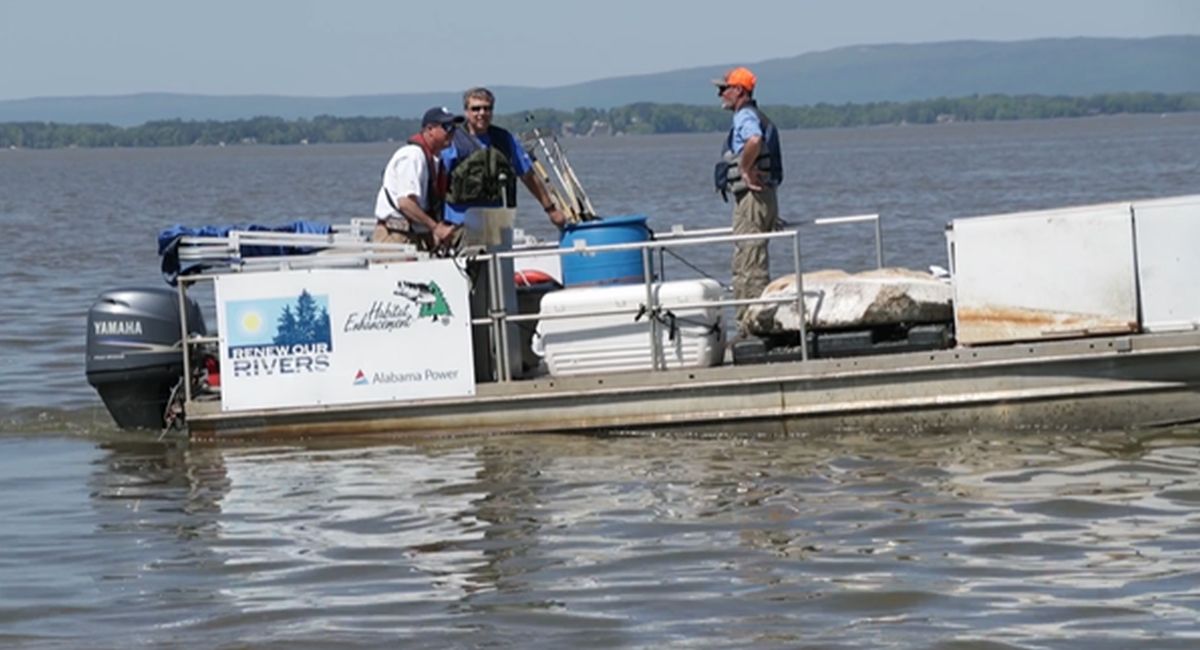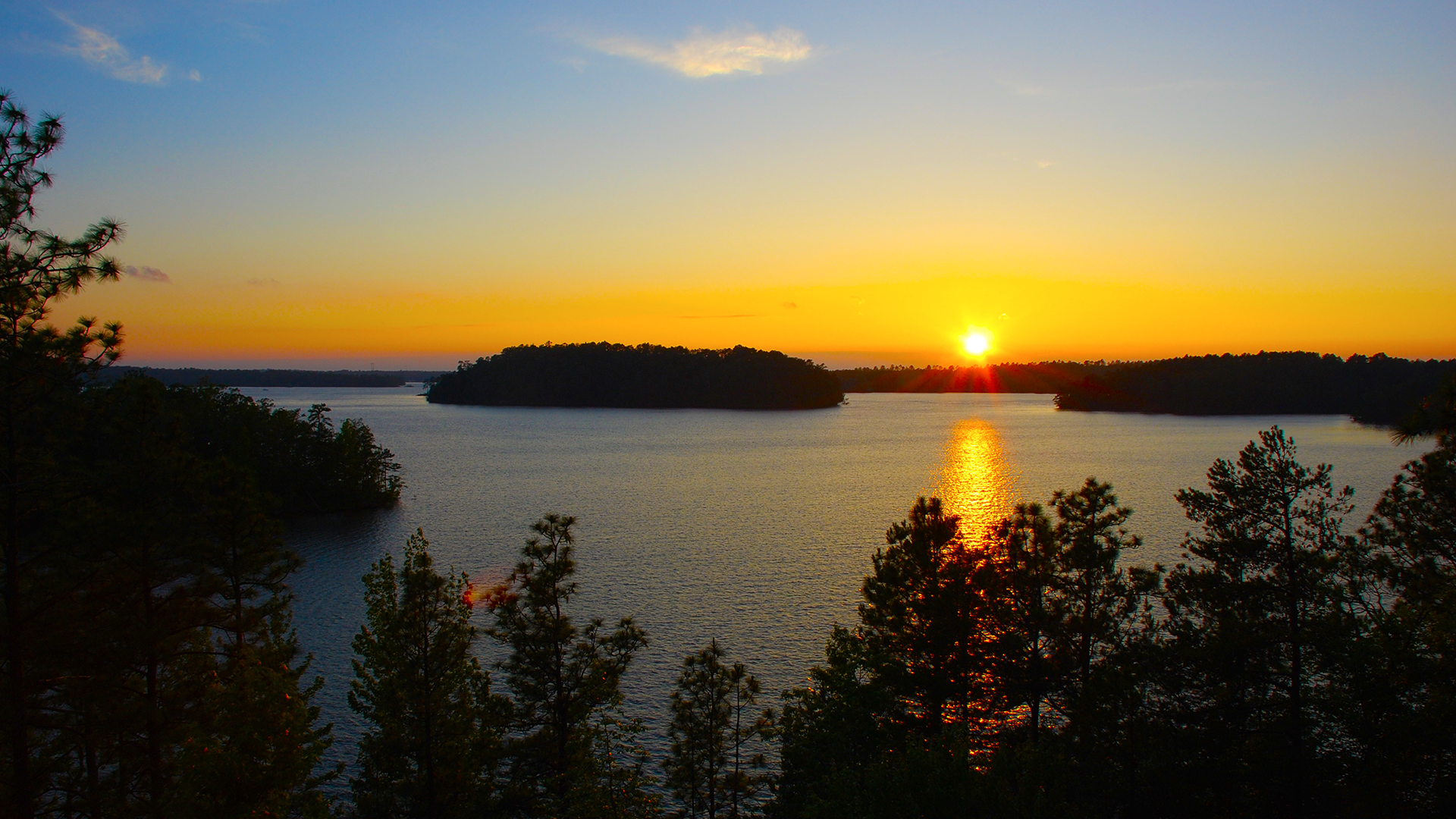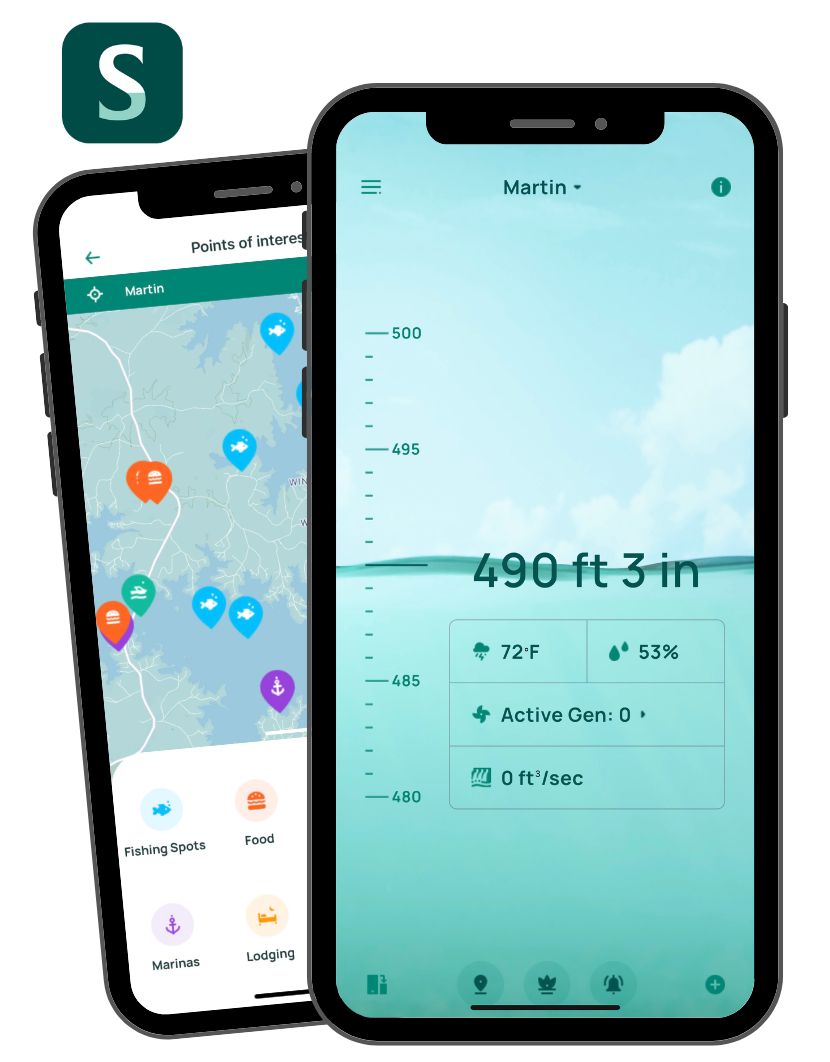Through a happy haze of jet lag, one-fourth of the United States Disabled Water Ski World Team arrived back in Alabama and reflected recently on two whirlwind weeks that included:
- Lots of travel — 17 hours from Los Angeles to Sydney, not to mention the trip from Alabama to California.
- A week of training on salt water — so different than our Lay Lake (where each competitor spent training time).
- A quick sightseeing jaunt to Sydney.
- And, finally, the 2017 Disabled Water Ski World Championships in Myuna Bay, New South Wales.
Sharing their tales are Alabamians Joe Ray, the oldest of the 40 competitors from 10 countries; Sarah Switzer, youngest in the field; and Kerri Vanderbom, returning to competition after an absence of nine years. Each journey is slightly different but laced with the same passion and pride. Read up and celebrate their successes.
Joe Ray
59, Wilsonville, Executive Director, Adaptive Aquatics
Bragging rights: I have 13 gold medals from previous World Championships, 34 golds in National competition, and I’ve set six world records for slalom. Outside of water skiing, I finished ninth in the Boston Marathon and won two national championships in wheelchair basketball.
Discovery: I was a multisport athlete — wheelchair basketball and tennis, triathlons, and road racing — before Phil Martin introduced me to adaptive water skiing. I didn’t even know how to swim, but after one time I thought “I’ve got to do it.” I also taught because I wanted to ski more, then took over as executive director in 1992.
Next: For about 20 years, I ran Adaptive Aquatics out of my backyard on Lay Lake until I found some property and built a facility that’s perfect — being in a wheelchair I knew what people need and it’s very accessible. If you count participants, families and volunteers, we run close to 1,600 people a year.
From the heart: I don’t take a salary and I spend winters fundraising because this is an expensive sport. The ski itself starts at around $2,000 before you buy the seat and maybe a wakeboard or a jumpboard if you want those events, too (national and international competition includes slalom, tricks and jump).
Payback: In my Adaptive Aquatics programs we teach water skiing but that’s not what it’s all about. It’s about breaking down people’s perceptions of what they can and cannot do, creating a stepping stone to something larger in life. I put the family in the boat. You see the child’s emotion go from fear to this is the best thing ever. We cry a lot in the boat — tears of joy.
And one of those children was … : Sarah Switzer. She came to us when she was 6 years old and she’s been skiing with me ever since.
Why Lay Lake? It’s probably the best-kept secret in Alabama, a very uncrowded lake and the people who live there are wonderful. I put in a ski course about 12 miles up from me and that’s where we do competition training. I love that lake so much.
And the 2017 World winner was … ? Australia. We were going for a five-peat, having won the previous four, but we took home silver. This was my last one, too. I’m retiring but I’ll still be involved. The water ski community becomes like a family. You develop relationships with skiers from around the world and forget about politics — skiing transcends everything.
Busy program: At Adaptive Aquatics we do about 30 events a year, more than most adaptive programs in the country.
Second life: I was in an automobile accident in college and broke my back. I can be very honest about it: I have no regrets. I would not change a thing. It enriched my life.
Sarah Switzer
17, Madison, rising senior, James Clemons High School
First-time: I was shocked to get on the team and amazed to represent the United States in Australia. I’d been to the World competition to watch Joe (Ray) so I knew the level of intensity.
Easing the nerves: Getting to know some of the boat drivers was cool during training and it helped. And running my first pass the first day helped, too. I got a personal best in all three preliminaries so it was a great experience even though I didn’t qualify for the finals this time.
Testing the waters: Salt was a lot more buoyant and I skied faster. Moving around was easier, too.
Joe the coach: He’s like a second father. I train with him most weekends, especially before competitions. To be on the water and experiencing the outdoors is great. I also play wheelchair basketball and like hunting.
The future: The next World event will be either in Norway or France. I’d prefer France because I don’t think Norway is warm any time of the year. The next National is either in Minnesota or Montana and this July I’ll compete in the Alabama State Water Ski Championships in Huntsville.
College is calling: It’ll either be for Auburn for veterinary assistant or Alabama for sports psychology. I can compete in sports at either one.
Memories: In Australia, I won bronze for women overall, bronze for tournament women overall, a silver for the team, and was named Female Athlete of the Month by USA Water Ski, which was a surprise. These are really great honors.
Dr. Kerri Vanderbom
39, Birmingham, assistant professor of Physical Therapy, UAB
The best part: Water skiing is fun and it’s freeing. You get to go fast. Three-event skiing is fun, too, because there are so many different challenges — the speed, going off a ramp or trying for more and better tricks. It’s the perfect sport.
Early days: I grew up in Gridley, California — northern California — and there wasn’t much for individuals with disabilities in our area, but when I was 11 I met the godfather of our sport, Royce Andes, who lived about 10 minutes from my town. After a summer of skiing, he signed me up for the national competition. Then I understood the direction we were going.
Water worlds: I loved water whether it was swimming or when my sister taught me to surf. Royce attracted some of the legends of the sport and they’d coach me, too. It really does become like a family.
Seriously family: I met my husband, Derek, when
the Disabled Worlds were in Belgium, then again when he competed in the Australian Disabled National competition while I was studying at the University of Queensland. We started dating probably about six weeks before I was actually leaving. He competes for the Australian team and won first overall in the World event.
Australia vs. U.S.: Derek and I train together and ski recreationally. I’m so competitive that he won’t play board games with me but, somehow, it’s not like that with skiing. We want the other to ski well.
Seeing the world: I’ve participated twice in the Worlds in the U.S. and twice in Australia. When we went to England we trained in Ireland, and for Belgium we trained in Scotland, so we really do move around.
The future: Competing internationally is up in the air. We really enjoy it but can participate in local tournaments instead. We can enter able-bodied events, too, and know we’ll do that. And I also play wheelchair basketball for the Lakeshore Storm in Birmingham.



